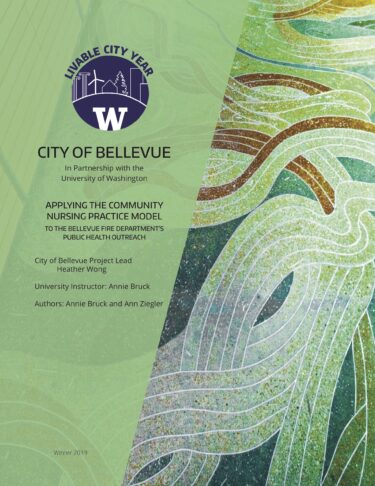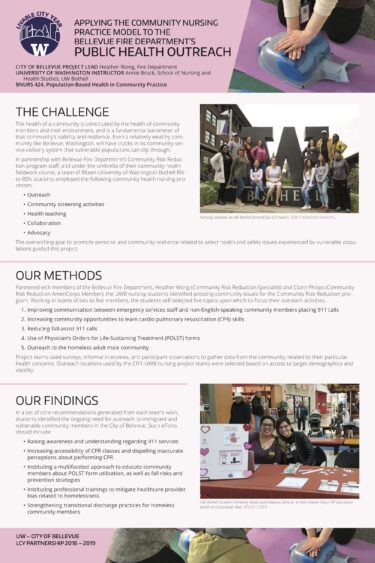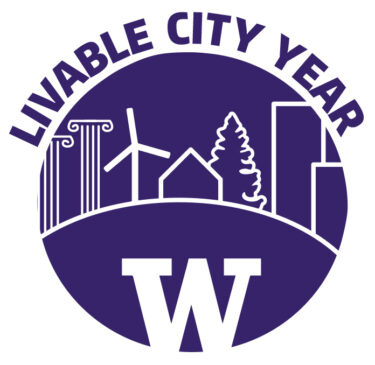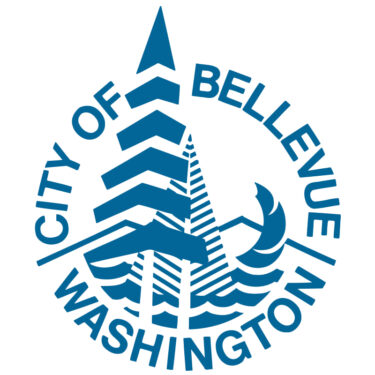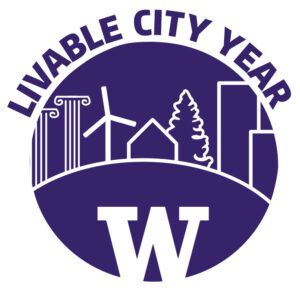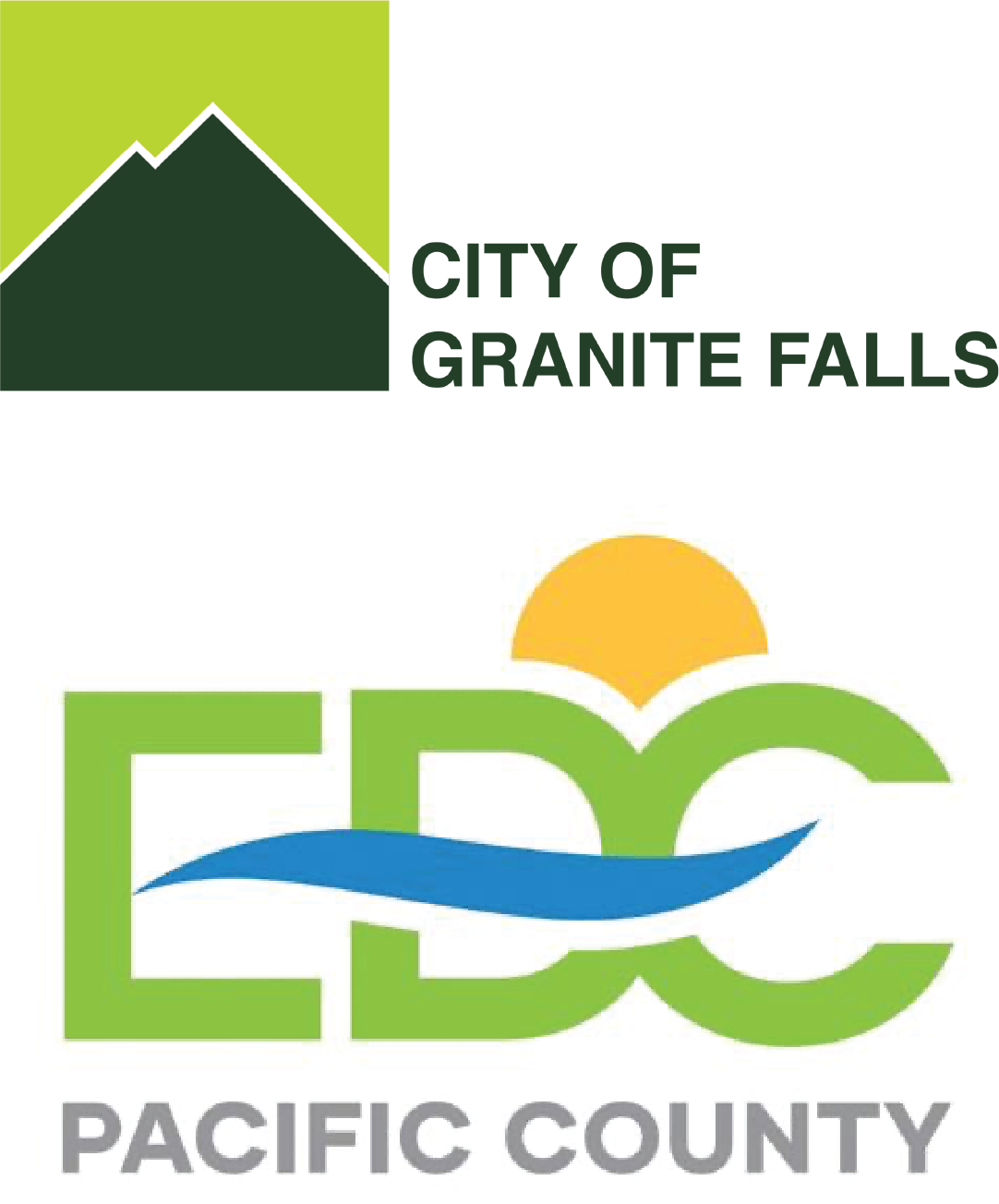Applying the Community Nursing Practice Model to the Bellevue Fire Department’s Public Health Outreach
2018-2019 Livable City Year – Bellevue
City Project Lead: Heather Wong, Fire Department
UW Instructor: Annie Bruck, School of Nursing and Health Studies, UW Bothell
Course: BNURS 424, Population-Based Health in Community Practice
The Challenge
The health of a community is constituted by the health of community members and their environment, and is a fundamental barometer of that community’s viability and resilience. Even a relatively wealthy community like Bellevue, Washington, will have cracks in its community service delivery system that vulnerable populations can slip through.
In partnership with Bellevue Fire Department’s Community Risk Reduction program staff, and under the umbrella of their community health fieldwork course, a team of fifteen University of Washington Bothell RN- to-BSN students employed the following community health nursing processes:
- Outreach
- Community screening activities
- Health teaching
- Collaboration
- Advocacy
The overarching goal to promote personal and community resilience related to select health and safety issues experienced by vulnerable populations guided this project.
Our Methods
Partnered with members of the Bellevue Fire Department, Heather Wong (Community Risk Reduction Specialist) and Claire Philips (Community Risk Reduction AmeriCorps Member), the UWB nursing students identified pressing community issues for the Community Risk Reduction program. Working in teams of two to five members, the students self-selected five topics upon which to focus their outreach activities.
- Improving communication between emergency services staff and non English speaking community members placing calls.
- Increasing community opportunities to learn cardio pulmonary resuscitation (CPR) skills
- Reducing fall assist calls
- Use of Physician’s Orders for Life Sustaining treatment POLS forms
- Outreach to the homeless adult male community
Project teams used surveys, informal interviews, and participant observations to gather data from the community, related to their particular health concerns. Outreach locations used by the CRR–UWB nursing project teams were selected based on access to target demographics and viability.
Our findings
In a set of core recommendations generated from each team’s work, students identified the ongoing need for outreach to immigrant and vulnerable community members in the City of Bellevue. Such efforts should include:
- Raising awareness and understanding regarding 911 services.
- Increasing accessibility of CPR classes and dispelling inaccurate perceptions about performing CPR.
- Instituting a multifaceted approach to educate community members about POLST form utilization, as well as fall risks and prevention strategies.
- Instituting professional trainings to mitigate healthcare provider bias related to homelessness
Strengthening transitional discharge practices for homeless community members.
Part of the 2018-2019 Livable City Year partnership between the University of Washington and the City of Bellevue.
See all Livable City Year projects in Bellevue that UW students and faculty worked on during the year-long partnership.
